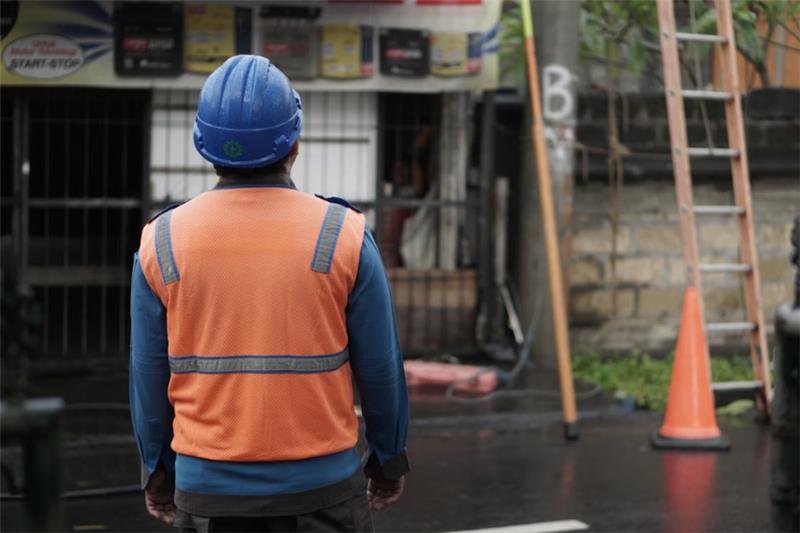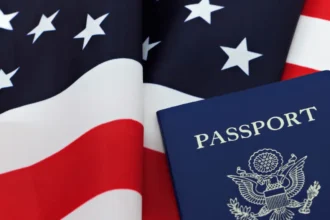There has been an unforeseen delay in the return of hundreds of South Korean nationals who were arrested during a massive immigration search at a Hyundai plant in Georgia, USA. Their departure has been hindered by U.S. immigration procedures, and continued talks are underway to find a solution, the South Korean Foreign Ministry said.
The employees were initially supposed to depart the United States in the middle of the week aboard a chartered flight. Their repatriation has been delayed, nevertheless, due to changing legal conditions and diplomatic coordination. Due to ongoing trade talks between the two countries, the event is receiving more attention.
What led to the workers’ detention?
U.S. immigration officials carried out a surprise operation at an electric battery facility connected to Hyundai last week. More than 300 South Koreans were among the 475 people arrested as a result of the raid. Those in custody, according to officials, were hired without the required work authorization.
According to reports, the majority of the employees were technical experts who installed cutting-edge industrial machinery. For one of the biggest foreign investment projects in the state, they were employed by outside contractors. Here is the link to our article on Immigration Raids Continue.
How is South Korea reacting to this?
Cho Hyun, the foreign minister of South Korea, is in Washington for urgent negotiations. The goal of meetings with top U.S. authorities, such as the Secretary of State, is to guarantee the workers’ prompt return and stop future occurrences of this kind.
Cho stressed the value of preserving solid diplomatic and commercial connections before his departure, particularly as South Korea keeps growing its economic footprint in the US.
How is the problem being handled by the US government?
The Hyundai immigration raid has been justified by the White House, which claims that the enforcement activity complied with federal law. Officials have emphasized their commitment to implementing immigration laws in all sectors of the economy and say that the operation was not politically motivated.
In his comments, President Donald Trump reiterated the administration’s stance that foreign businesses are welcome to invest in the United States, provided they carefully abide by immigration and labor regulations. “Compliant businesses will expedite lawful entry procedures for foreign workers,” he added. Here is the link to our article on the Padilla Immigration Incident.
Are trade relations in jeopardy?
Seoul is concerned about the Hyundai immigration raid, especially as it conflicts with existing trade talks. South Korea is a significant investor in the US battery and electric vehicle industries. Analysts caution that unforeseen enforcement measures could cloud upcoming initiatives.
Nonetheless, the commitment to economic cooperation has been explicitly reiterated by both governments. In an effort to improve bilateral relations and balance trade deficits, South Korean companies have committed billions of dollars in U.S. investments.
Final Thoughts
The complicated relationship between international business, immigration law, and diplomacy is highlighted by the Hyundai immigration raid. The outcome could have an impact on how future foreign investments are handled in the United States as both nations attempt to end the current dispute. South Korea’s assertive diplomatic strategy demonstrates its determination to retain solid economic ties while defending the rights of its employees overseas.








